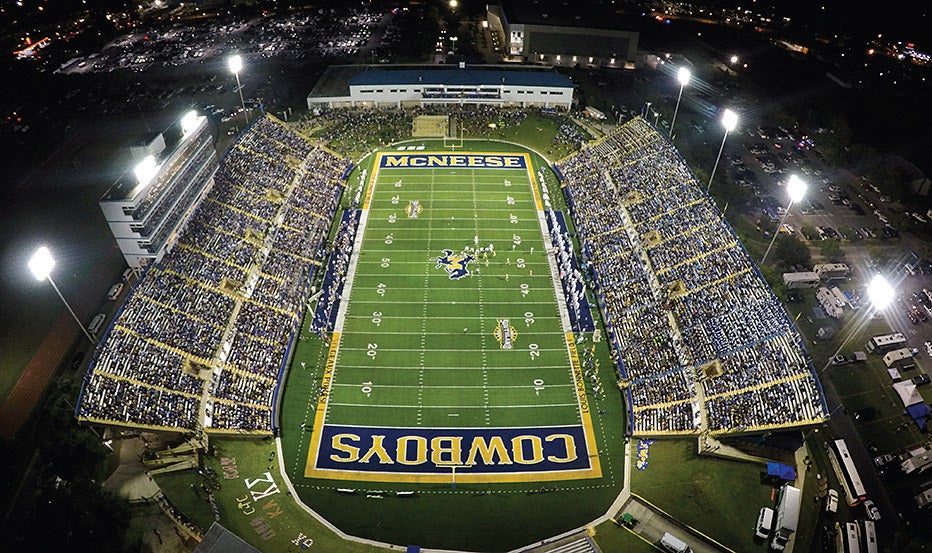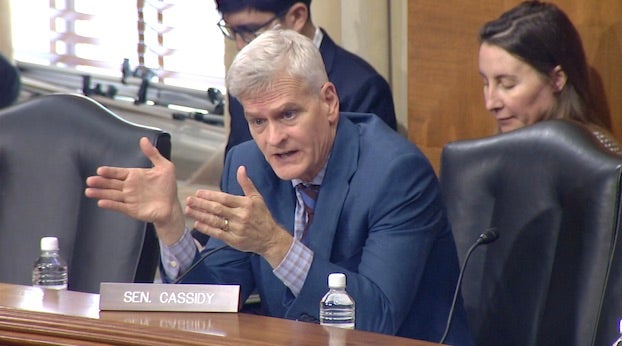Nat’l Suicide Prevention Lifeline now 988
Published 8:04 am Saturday, July 16, 2022

- (Metro Creative Services)
Today the 10-digit National Suicide Prevention Lifeline transitions to 988, an easy to remember three-digit number for 24/7 crisis care. The lifeline, which also links to the Veterans Crisis Line, follows a three-year joint effort by the U.S. Department of Health and Human Services (HSS), Federal Communications Commission (FCC) and the U.S. Department of Veterans Affairs (VA) to extend the reach of crisis care.
“No matter where you live, you can reach a trained counselor,” said Rachel Pryor during a press call to the media. “But this is a journey, not a sprint. We believe that too many people are experiencing suicidal crises or mental health distress without the support or care they need.”
Pryor is counselor to Secretary of Health and Human Services Xavier Becerra for issues ranging from mental health care to Medicaid.
Trending
The 988 Suicide & Crisis Lifeline is a network of more than 200 state and local call centers supported by HHS through SAMSHA.
“There will be two call centers in Louisiana,” said Tanya McGee, Executive Director of Imperial Calcasieu Human Service Authority. “Calls from our SWLA area will be answered by the Crisis Call Center housed in Shreveport. “Research shows that approximately 65 to 70 percent of behavioral health crises can be desculated with clinical intervention via phone, avoiding hospitalization. Once the crisis is desculated, the call center staff will provide the caller with local behavioral health resources. If the situation requires emergency response from EMS and/or law enforcement, the call center will reach out via 911.”
Staffing the 988 Suicide and Crisis Lifeline will be a challenge, and not just in Southwest Louisiana. In response, SAMHSA has an online site to recruit “empathetic volunteers, employees and interns as crisis counselors to answer the phone, chats and texts, as well as managers with advanced degrees.”
John Palmieri, Acting Director of 988 said crisis counseling training can take from four to six weeks.
Pryor said the Lifeline has been massively underfunded and under-resourced, but the current administration has made an 18-fold increase in investment.
“Before the Biden Harris administration, we were at $24 million, Pryor said. “We are now at $432,000,000 for this national priority.”
Trending
Pryor compared June 2022 calls to June 2021 calls.
“The Lifeline was able to answer 17,000 more calls,” she said.
The chats increased 148 percent and texts increased 77 percent, she said.
“I just want to emphasize that volume and what that 18 fold investment has been able to do to get us off the ground here as we move forward towards this transition.”
McGee said 988, the number for people experiencing a behavioral health crisis, could alleviate the increasing number of behavioral health calls which come through 911, reduce the number of individuals being transported to the hospital and allow emergency responders the time to respond to medical crises.
The U.S. had one death by suicide every 11 minutes in 2020, according to the Centers for Disease Control and Prevention. Suicide was the second leading cause of death for young people aged 10-14 and 25-34. From April 2020 to 2021, more than 100,000 people died from drug overdoses. Studies have shown that after speaking with a trained crisis counselor, most Lifeline callers are significantly more likely to feel less depressed, less suicidal, less overwhelmed, and more hopeful.
The 10-digit Lifeline number 1-800-273-TALK (8255) will continue to be operational after July 16 and will route calls to 988 indefinitely. Veterans, service members, and their families can also still reach the Veterans Crisis Line with the current phone number 1-800-273-8255 and Press 1, or by chat or text to 838255.
More information on 988 is available at www.samhsa.gov/988 and https://www.samhsa.gov/find-





